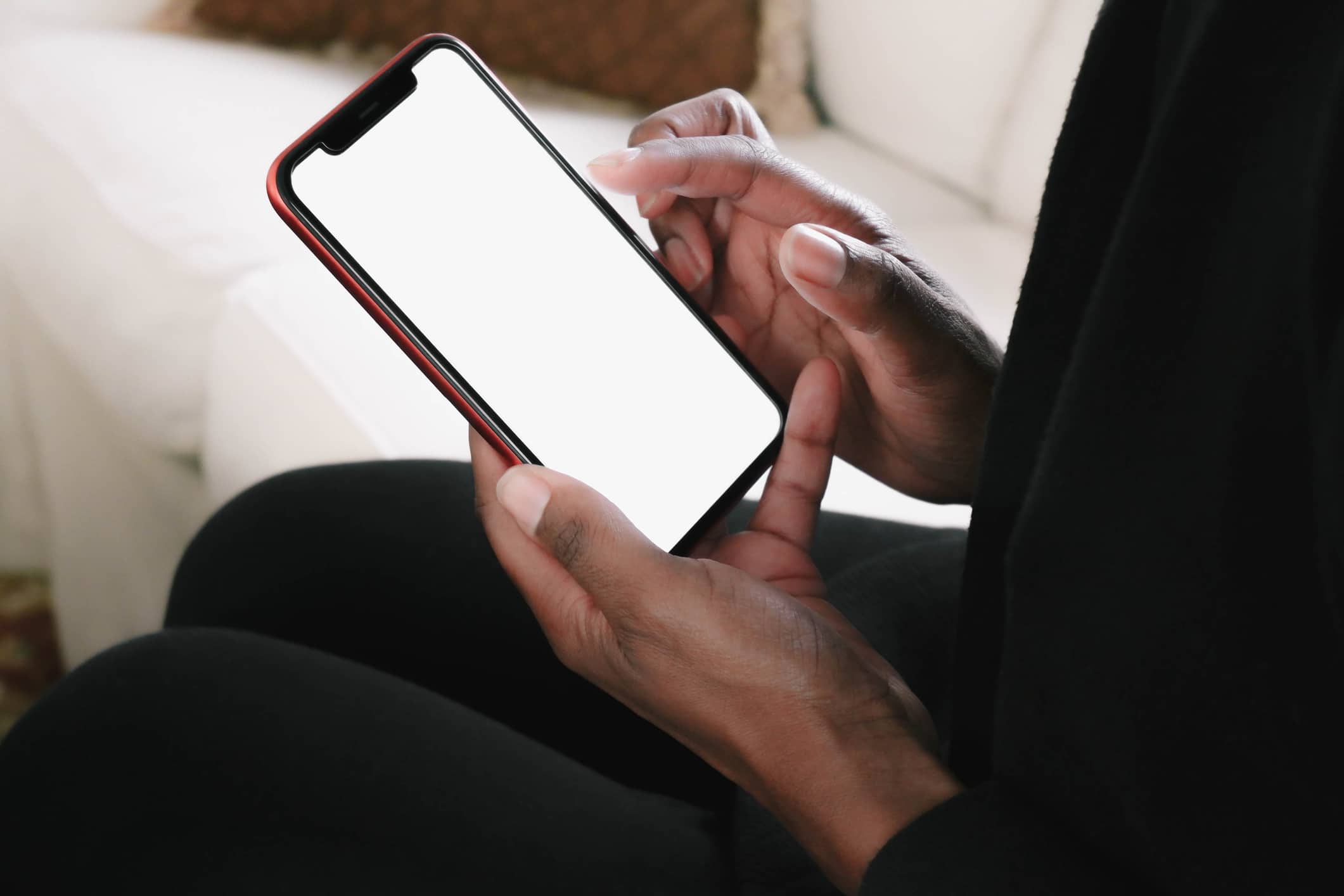Covid-19 still dominated the conversation board last year, but a number of events, protests and coups that rocked Africa also got the world talking and social media aflutter. As we now embrace 2022, let’s take a look back at some of the biggest headlines in Africa in 2021
Guinea
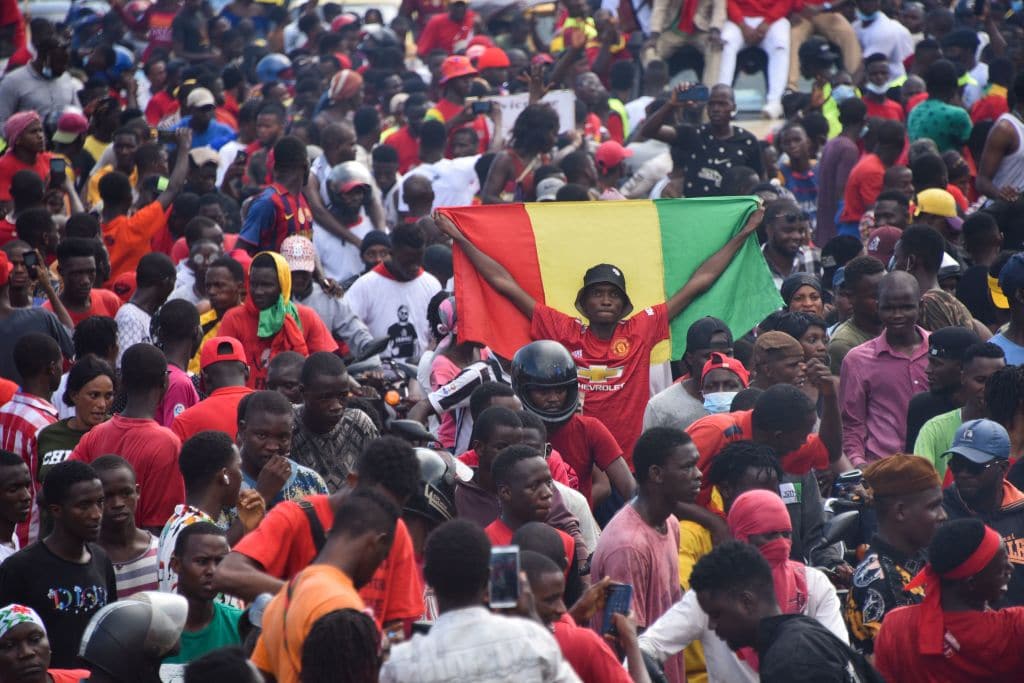
Forbes reported in September that the special forces unit of the Guinea Armed Forces detained the country’s long-serving President Alpha Conde “in an apparent coup”. Unrest in the world’s third-largest producer of bauxite pushed aluminum prices to the highest level in over a decade.
Prices of the metal in the London Metal Exchange climbed 1.8% to $2,775.50 per ton — the highest it has been since May 2011. In China, the aluminum futures jumped up nearly 3.5% to around $3,400 (CNY 21,970) — the highest it has been since 2006 — before leveling off at around 2.3%.
South Africa #Elections2021
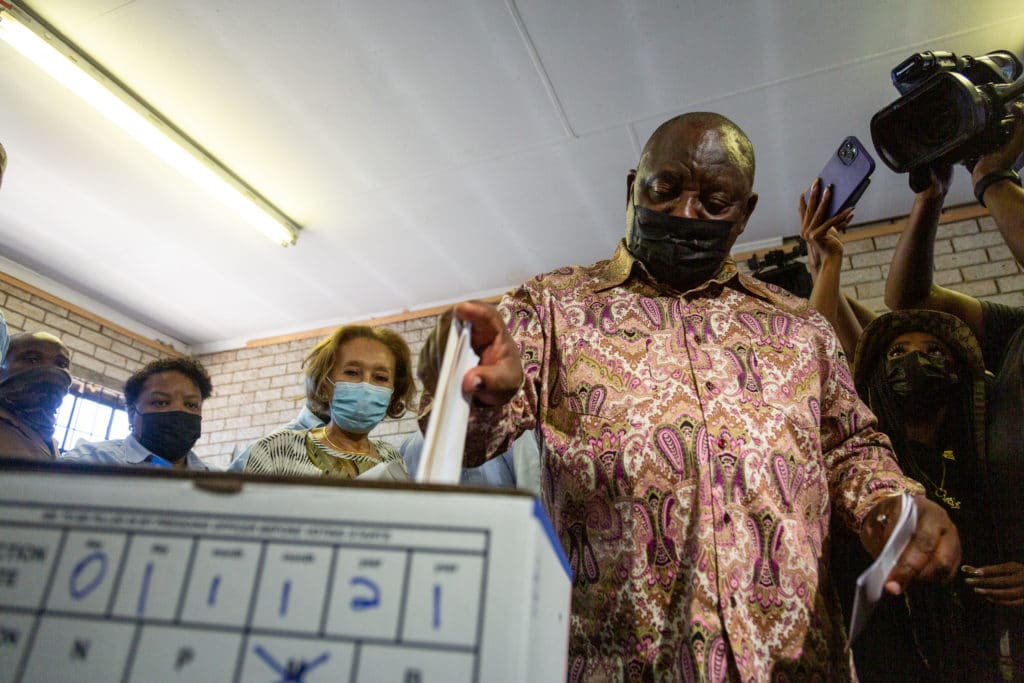
At the beginning of November, millions of South Africans took to their nearest polling stations to cast their votes for the local government elections. Although 26.2 million people had registered for the polls, the elections recorded reportedly the lowest voter turnout since South Africa became a democracy. Reports are that only a little over 12 million cast their ballots.
The Independent Electoral Commission finalized the outcome of the vote on November 4, with the number of hung councils more than double the number of the 2016 local government elections. A hung council refers to when no party has won the majority of the seats, therefore, making the parties with the most votes or seats the key decision-makers also known as a coalition municipality.
Loading...
Sudan’s military coup
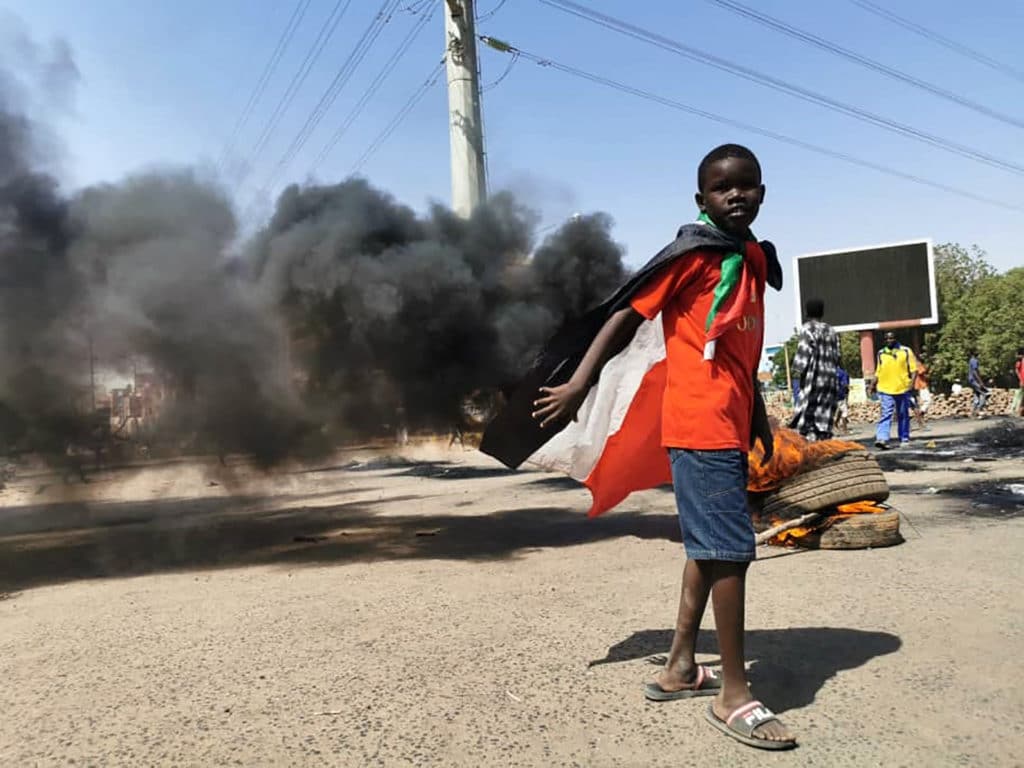
At the end of October, Al Jazeera reported that security forces in Sudan have arrested Prime Minister Abdalla Hamdok and several other members of the country’s
civilian leadership. The military coup led to thousands protesting the arrests as well as the World Bank suspending aid to the country.
The day after the coup, the military allowed Hamdok and his wife to return to their home in the Sudanese capital of Khartoum, after he was detained in a top military leader’s house, according to Forbes.
Civil unrest in Eswatini
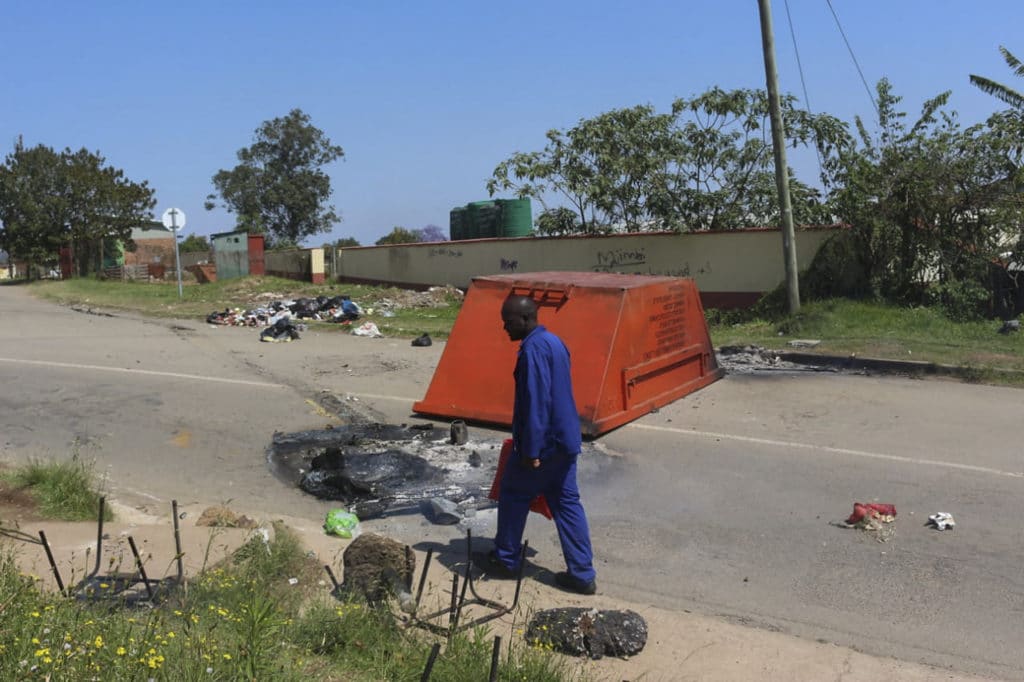
A series of ongoing protests gripped the landlocked southern African kingdom of Eswatini in recent months. Al Jazeera reported on October 22 that authorities in Eswatini banned protests following the latest wave of pro-democracy demonstrations in the kingdom.
The unrest also reportedly escalated as nurses refused to treat police officers. The country also suspended Facebook access and shut down schools indefinitely as months of pro-democracy protests came to a head. Deaths and injuries were also reported.
Worldwide social media outages
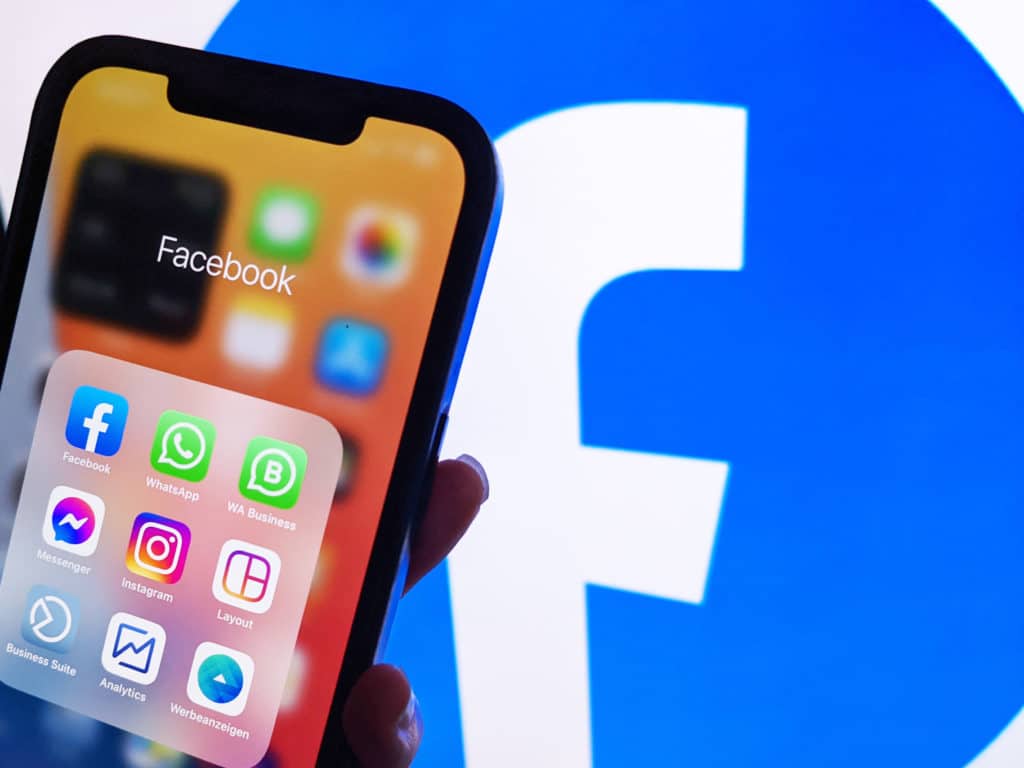
Millions of Facebook users worldwide experienced outages in the beginning of October, as also users of the tech giant’s other major social media platforms, Instagram, WhatsApp and Messenger.
#PrayForEthiopia
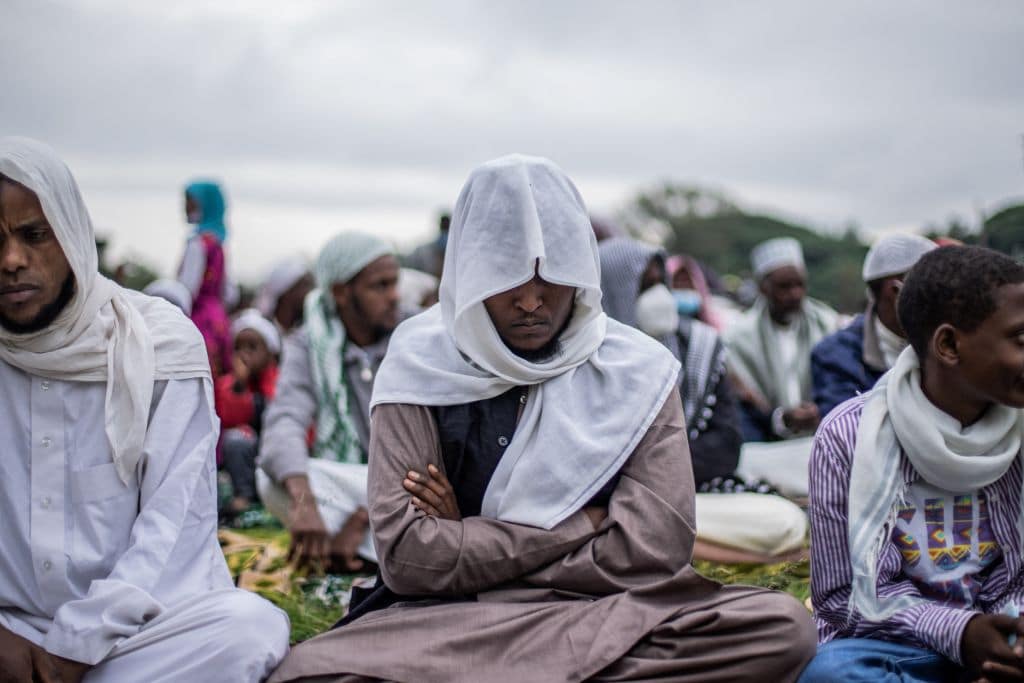
BBC News reported in November that Tigray’s rebel forces now “have the upper hand in the war that erupted a year ago in northern Ethiopia”. What started the war in November 2020 was a military conflict. CNN reported the conflict broke out due to Tigray People’s Liberation Front’s unilateral decision to elect a regional administration against Prime Minister Abiy Ahmed’s wishes.
“Our operation aims to end the impunity that has prevailed for far too long and hold accountable individuals and groups under the laws of the land,” Abiy said on Twitter. This reportedly has resulted in heavy casualties and thousands of civilians fleeing the region.
Riots and looting scar South Africa
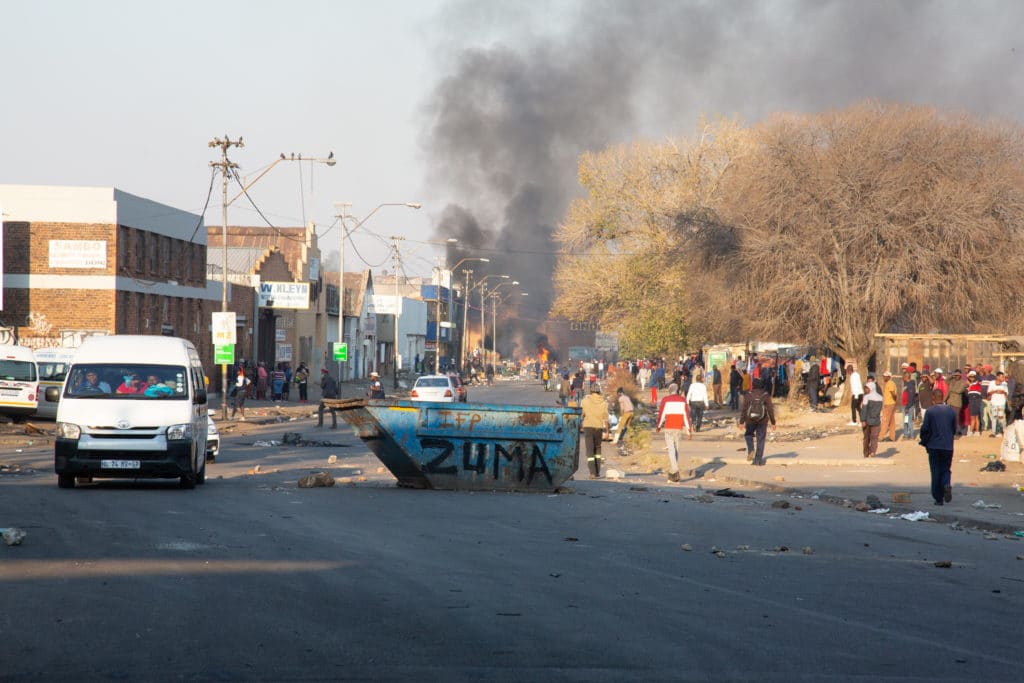
Just a day after addressing the nation about strengthened Covid-19 lockdown restrictions on July 12, South African president Cyril Ramaphosa was back on TV screens again “with a heavy heart”, this time on the government’s response to the public violence and unrest ravaging parts of the country.
The vandalism, looting, riots, “political protests” and “anarchy” over that dark period led to the army being called in to “protect property and safeguard social and economic infrastructure”, as the president stated in his address.
The protests, sparked by the arrest of South Africa’s former president Jacob Zuma for contempt of court, began in KwaZulu- Natal (KZN), Zuma’s homestead, where he was incarcerated at the Estcourt Correctional Centre. The civil unrest saw multiple businesses, buildings and properties destroyed during the week of destruction. The protests continued in Gauteng, South Africa’s economic hub, in places such as Soweto, Jeppestown and Alexandra.
Loading...
